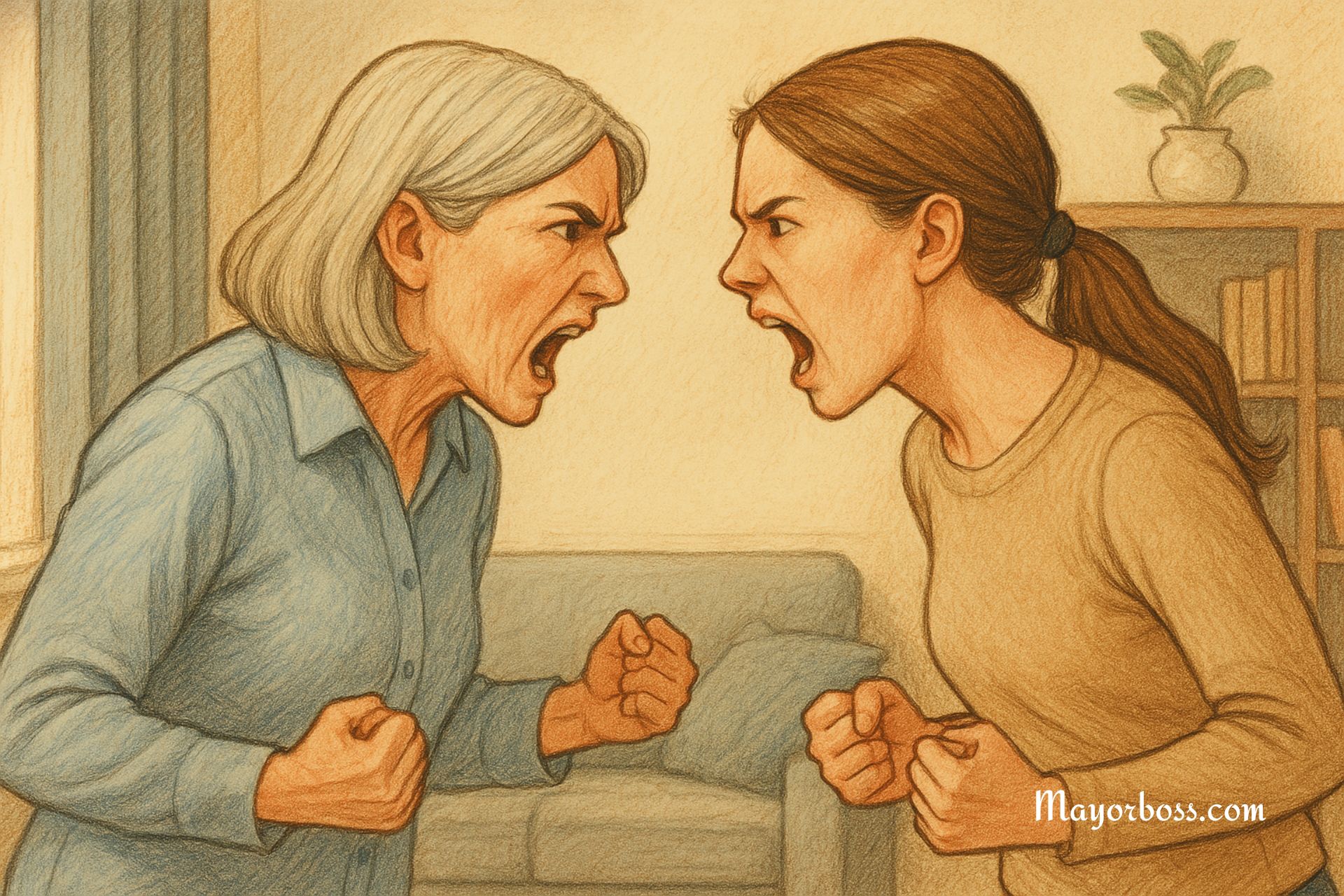7 Ways to Heal From Toxic Parents
Growing up with toxic parents can deeply affect your emotional and mental health. This type of upbringing often leaves lasting scars. It can shape how you view yourself, how you relate to others, and how you handle life’s challenges. But healing is possible. You can recover. You can build a life that feels safe, stable, and emotionally healthy.
Here are seven practical and science-backed ways to begin that healing journey.

Accept That Your Parents May Never Change or Apologize
One of the hardest steps in healing is letting go of the need for your parents to change. Many people hold on to the hope that their parents will suddenly realize the pain they caused. But in reality, that rarely happens. According to psychologists, expecting validation from toxic parents can keep you stuck in a cycle of disappointment.
That’s because toxic parents often lack the emotional maturity to see their own faults. Some refuse to accept responsibility. Others may even deny your experience. While this can feel incredibly painful, accepting it helps you take your power back. You stop waiting for something that may never come. Instead, you shift focus toward what you can control.
Set Boundaries and Stick to Them No Matter What
Boundaries are essential. They protect your mental health and prevent further emotional damage. This might include limiting contact, ending conversations when they become abusive, or refusing to discuss certain topics.
I always tell people boundaries are not about punishment. They are about protecting your emotional well-being. If your parent tries to guilt-trip you or override your limits, it does not mean your boundary is wrong. It means your boundary is working.
Healthy boundaries can feel uncomfortable at first—especially if you were raised to ignore your needs. But over time, they build emotional safety.
Talk to a Therapist Who Specializes in Family Trauma
If you were raised in a toxic home, professional therapy can help you work through the damage. The National Institute of Mental Health recommends therapy for those recovering from childhood abuse, neglect, or long-term emotional harm.
Therapists trained in trauma or family dynamics understand how toxic parenting shapes a person’s inner world. They can help you recognize unhealthy patterns, process painful memories, and rebuild your self-worth. Cognitive-behavioral therapy (CBT) or trauma-informed therapy, in particular, are often recommended.
Group therapy or support groups can also offer community. Talking with others who have similar experiences helps you feel less isolated and more understood.
Learn How to Reparent Yourself Emotionally
Reparenting yourself means giving yourself the love, guidance, and care that you didn’t receive as a child. This approach allows you to meet your own needs in healthier ways.
You might speak to yourself with kindness, establish daily routines, or soothe your inner child during moments of stress. Over time, this helps repair the emotional wounds created by toxic parenting.
According to experts in developmental psychology, self-reparenting can change how you relate to yourself. It builds inner safety. And it creates a strong sense of emotional independence.
Stop Internalizing the Lies They Told You About Yourself
Toxic parents often use shame, criticism, or blame to control their children. They may have told you that you were “too sensitive,” “not good enough,” or “selfish” for having your own needs. Eventually, these messages become part of your inner dialogue.
This is what psychologists call internalized shame. And it’s damaging. But you can challenge these beliefs.
Start by identifying those old messages. Ask yourself: Is this really true? Or is this something they told me to keep control? Replacing these lies with compassionate truths is part of healing.
Distance Yourself If the Relationship Continues to Harm You
In some cases, the only way to protect yourself is to limit or cut off contact. This decision is never easy. But if the relationship causes ongoing emotional harm, distance may be necessary.
Family relationship experts point out that estrangement can be a healthy act of self-preservation, not a sign of failure. It’s okay to grieve this decision while also recognizing that your peace matters.
Emotional distance doesn’t always mean going “no contact.” It could also mean going “low contact,” setting clear rules, or communicating only through certain methods like email or text.
Build a Life That Feels Emotionally Safe and Fulfilling
One of the best ways to heal is to create a life that feels different from the one you grew up in. That means surrounding yourself with people who are kind, emotionally available, and trustworthy.
It also means building routines, hobbies, and goals that support your sense of self. Over time, this helps you move away from survival mode and into a life of connection and calm.
Researchers say that creating a safe environment—physically and emotionally—helps the brain heal from long-term stress. And it teaches your nervous system that peace is possible.
The Takeaway: Healing from toxic parents is not quick or easy. But it is absolutely possible. With firm boundaries, emotional support, therapy, and self-compassion, you can reclaim your sense of safety. And you can build a life that no longer centers around their pain.
